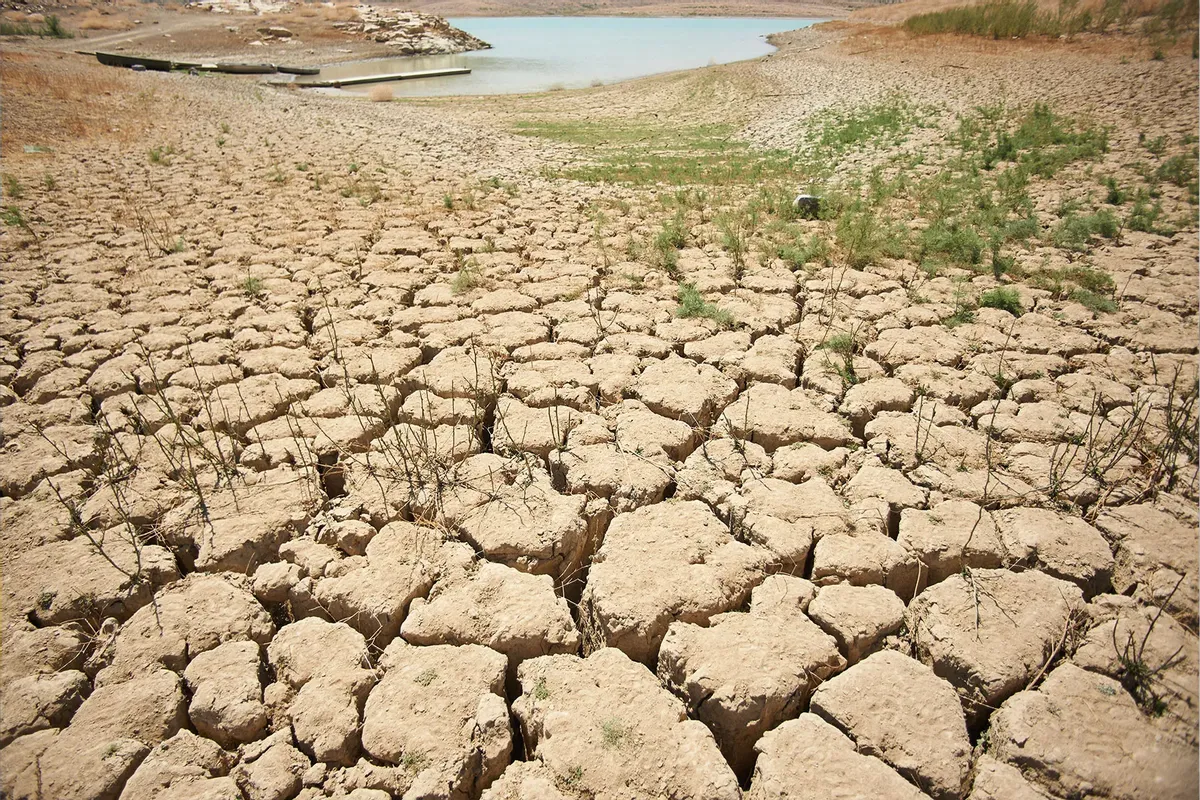According to European experts, the Earth just experienced its hottest June-August period on record. Furthermore, ocean temperatures reached record highs in August, while Antarctic Sea ice remained at a record low for the time of year.

A world map of global temperatures in July 2023. (Source: Image credit: NASA/Live Science)
Record-high Ocean Temperatures and Record-low Antarctic Sea Ice
According to the World Meteorological Organization (WMO) and the Copernicus Climate Change Service, it was also the hottest August on record by a wide margin, and the second-hottest month ever, after July 2023. Summer is defined by climatologists as June, July, and August. According to UN Secretary-General Antonio Guterres in a statement, our planet has just endured the hottest summer on record. And climate breakdown has already begun.
At over 70 degrees (F), August was the highest global monthly average ocean-surface temperature on record. Every day in August, temperatures exceeded the previous record (March 2016), according to the World Meteorological Organization. According to the World Meteorological Organization, the extent of sea ice in Antarctica was likewise at a record low for August, with a monthly value of 2% below average, easily the “largest negative anomaly” for the month since records began in the late 1970s.
The Antarctic Sea ice extent was literally off the charts, according to Petteri Taalas, secretary-general of the World Meteorological Organization, and global sea surface temperature was once again at a new record. It is critical to note that this is happening BEFORE we see the full warming impact of the El Niño event, which usually presents itself in the second year after it emerges. According to the World Meteorological Organization, the year thus far (January to August) has been the second-warmest on record, after only 2016, which experienced a strong El Niño.
READ ALSO: Summer Season is Coming to an End; Hottest Summer Noted This Year in Southern Texas
2023 as the Hottest Summer, Temperature has Significantly Increased due to Climate Change
Scientists attribute the warming to man-made climate change caused by the use of coal, oil, and natural gas, with a boost from a natural El Nio, which is a temporary warming of tropical Pacific Ocean water. According to Samantha Burgess, deputy director of the Copernicus Climate Change Service, the scientific evidence is overwhelming: until we stop emitting greenhouse gases, we will continue to see more climate records, as well as more intense and frequent extreme weather events affecting society and ecosystems.
The WMO released its monthly bulletin on air quality and climate, stating that excessive heat, compounded by wildfires and desert dust, has had a demonstrable impact on air quality, human health, and the ecosystem. “The Northern Hemisphere recently experienced a summer of extremes, with repeated heat waves fueling devastating wildfires, harming health, disrupting daily lives, and wreaking long-term environmental damage,” Taalas added.
NOAA and NASA will also release summer climate data later this month. Both agencies use different data sets than the WMO and Copernicus, but they will almost certainly state that 2023 is the hottest summer on record.
READ ALSO: Summer Extreme Heat Makes the Quality Of Air Worse And Dangerous For Our Health

















































